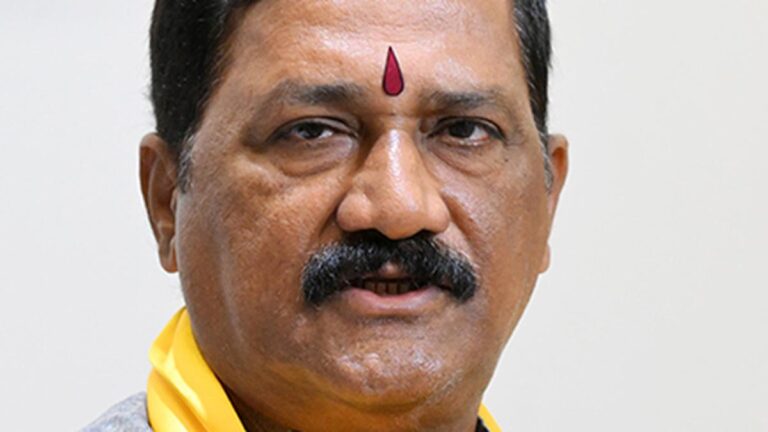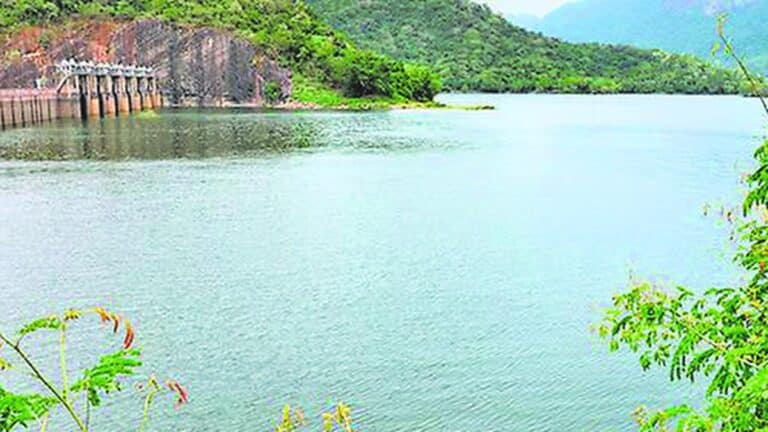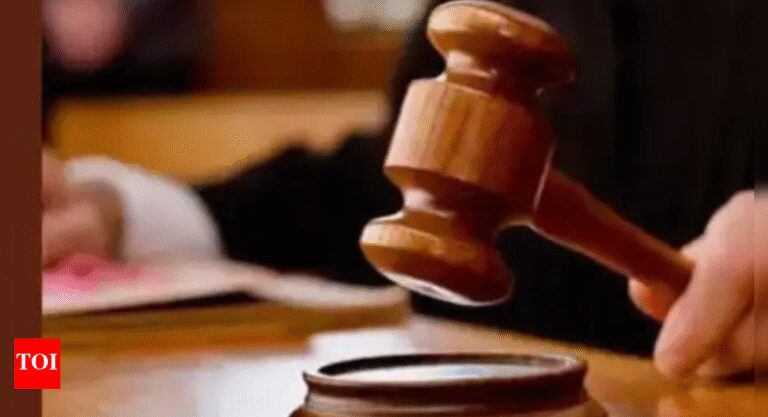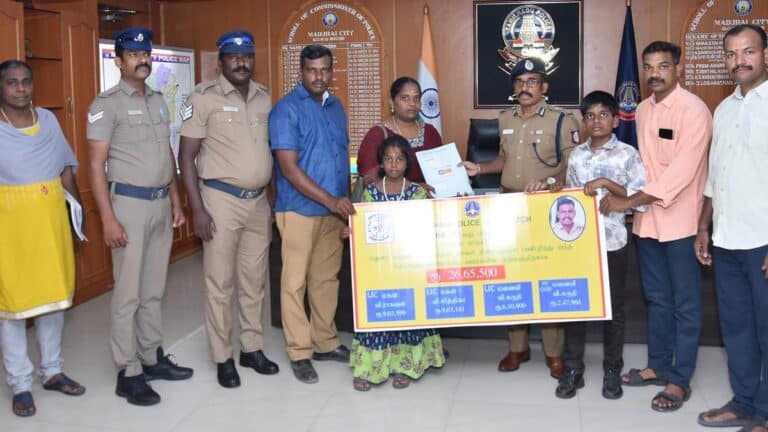As delay in underground drainage works persists, untreated sewage continues to pollute 10 urban lakes in Coimbatore city, raising alarm over groundwater contamination and inadequate treatment capacity.
According to S. Sivalingam, a member of the State Level Environment Impact Assessment Authority, untreated sewage is entering all nine lakes maintained by the Coimbatore Corporation in the city. “The decentralised sewage treatment plants (STPs) near the lakes should have been built with at least a 30-year horizon. Rapid urbanisation has already outpaced their capacity. These lakes, now severely polluted, are effectively urban water deserts. The spread of water hyacinth stands as clear evidence,” he said.

The civic body must shift its focus from beautification efforts to protecting the ecological and public health functions of lakes, ensuring that only treated sewage enters the water bodies, he says.
A. Raja, a farmer near Singanallur Lake, said groundwater in the area was no longer usable, even for farming. “We have petitioned authorities to run the new STP, but sewage continues to flow into the lake despite claims that the plant is operational,” he said.
Siruthuli, an NGO working on waterbody conservation, reported sediment build up in borewell pipes near Valankulam Lake – suspected to be linked to pollution from untreated inflow.
R. Ilangovan, former Vice-Chairman of the Tamil Nadu Water Resources Cell, and researcher on urban lakes, said, “For the last eight years, these lakes have not dried out, even in peak summer, not because of rain, but due to constant sewage discharge. During rain, the excess flows through outlet channels into rivers.”
He said Biochemical Oxygen Demand and Chemical Oxygen Demand levels remained high, making the water unfit for any form of use and contaminating both surface and groundwater.
“Stagnant untreated water pollutes aquifers. If aquifers are compromised, so is borewell water,” he said. Five STPs near the lakes do not run continually and are also lack adequate treatment capacity.
Mr. Ilangovan further alleged that several apartment complexes failed to operate the mandated STPs. “There are cases where wastewater is discharged directly into borewells. This is not just unethical, it’s dangerous,” he said.
Pollution levels
Corporation Commissioner M. Sivaguru Prabakaran contended that the pollution levels in the lakes were within permissible limits. “We have proposed decentralised STPs with a total capacity of 19.5 MLD at seven lakes to strengthen treatment infrastructure. The wastewater currently entering storm water drains is mostly grey water from kitchens. Once the UGD works are completed, all sewage will be routed to existing STPs and treated. We will ensure that only rainwater flows through the storm water drains. Apartment complexes with in-house STPs will be monitored, and if any are found discharging untreated wastewater, we will identify the source and take action,” he said.
Published – June 24, 2025 09:01 pm IST





